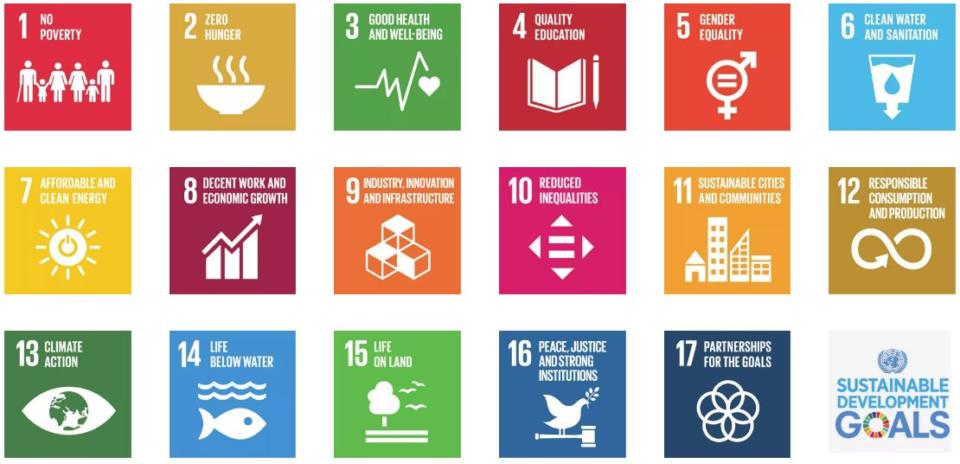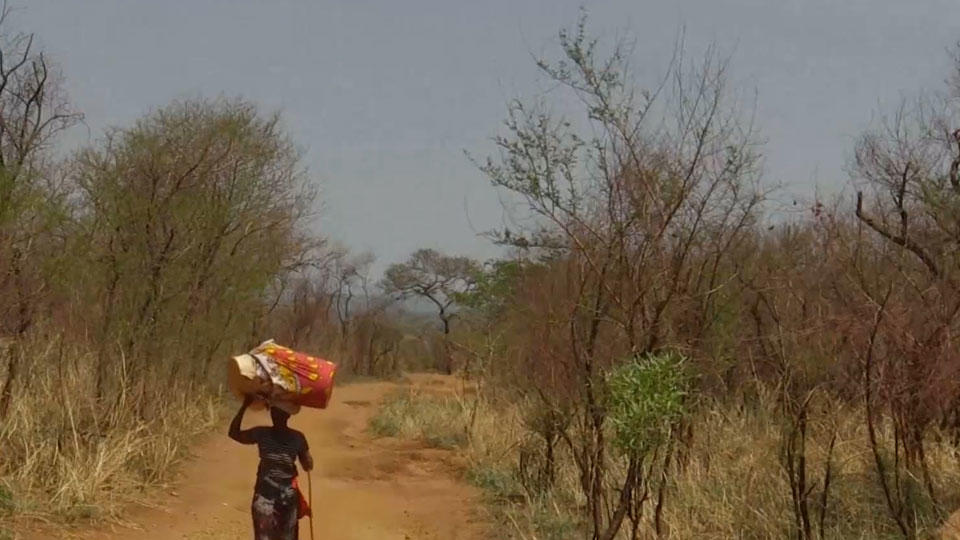The world is not on track to meet many of the United Nation’s sustainable development goals (SDGs) by the deadline of 2030, according to U.N. officials.
CGTN’s Liling Tan filed this report.
“We have 12 years to realize the sustainable development goals,” warned Amina Mohammed, U.N. Deputy-Secretary-General. “The clock is ticking.”
The U.N. in 2015 set 17 ambitious goals to reach by the year 2030, from fighting climate change to ending poverty and hunger, from promoting education and gender equality to providing safe water and affordable clean energy. However, crucial targets remain out of reach.

Image provided by the United Nations
Progress is lacking, especially in the fight to end hunger and poverty, and advocacy groups have said the means to measure gains have been wholly inadequate.
“We are off-track because the policies are not there, the policies are not right. And there is no political will in many of the countries to put this on track,” said Beckie Malay of the NGO Major Group Organizing Partner for Asia. Malay also serves as director for advocacy and development cooperation at the Philippine Rural Reconstruction Movement.
“So the commitment is not there maybe because there is no sanction when you don’t do the SDGs, so it’s an issue.”
A U.N. assessment found that world hunger appears on the rise again, with nearly one in 10 people in the world facing starvation. Poverty still persists in pockets, especially in Southern Asia and sub-Saharan Africa, where more than half of the world’s extreme poor live.
“We’re not going to put half of the population that are living on a dollar a day to the modern world in 2030. That’s not going to happen,” said Sena Alouka of Togo, who is the Executive Director of Jeunes Volontaires pour l’Environnement.
“We’re not probably not going to have as we wish climate change from an Africa perspective, and when it comes to justice when it comes to human rights issues, I’m afraid we’re not going to make it also.”
In a bid to press forward on the SDGs, representatives from more than 45 countries and NGOs met at the U.N. in July for a progress report, and to share ideas and best practices.
Experts there observed that a common challenge was in connecting the dots, especially in communicating the importance of the SDGs to the world, and in helping governments integrate the SDGs into their planning and policies.
That’s where Senegal is creating some buzz, using a new measurement tool called the “iSDG model,” developed by the Millennium Institute in Washington, D.C.
The institute created the model to help governments assess policies that incorporate the SDGs, by simulating the impact of these policies and testing them before adoption.
There is hope that the model may help address criticism by dozens of NGOs who said that not only is progress lacking, but so are the tools to set goals and measure gains.
“We can clearly define our goals yearly and the investments needed to get there,” said Mahi Amadou, an economist at Senegal’s Office of the Minister for Economics, Finance and Planning. “And I think this is really powerful.”
 CGTN America
CGTN America


